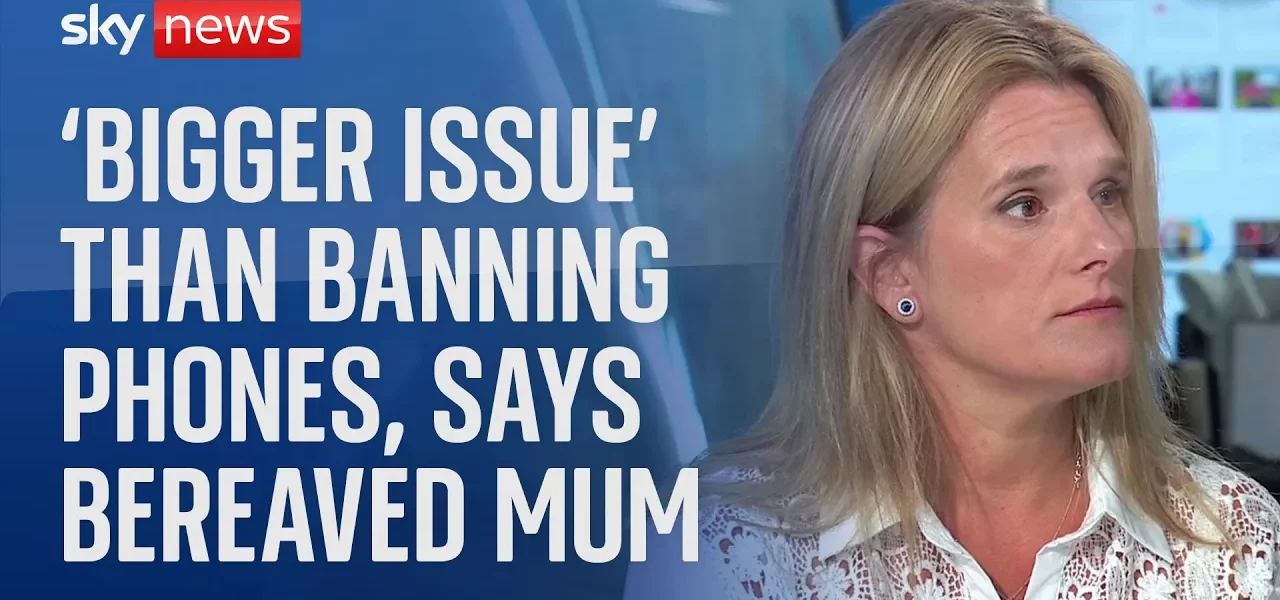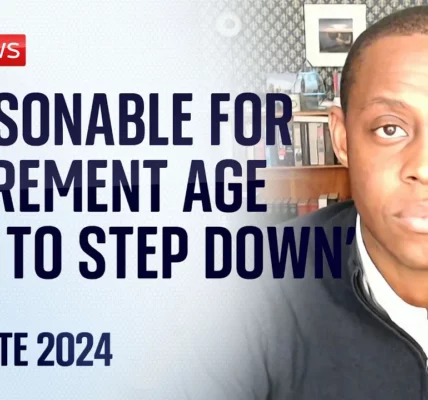The Tragic Impact of Social Media on Youth Mental Health

This article explores the profound implications of social media on children’s mental health, particularly in light of heartbreaking events surrounding youth suicide. A mother’s journey following the loss of her son highlights the urgent need for awareness and action in protecting our children.
Introduction
The loss of a child is an unimaginable tragedy that no parent should have to endure. In April 2022, a mother faced the devastating reality of losing her 14-year-old son, Jeles, who took his own life. The circumstances surrounding his death raise critical questions about the role of social media in the mental health of young individuals. Despite the absence of bullying or clear suicidal indicators, this heartbreaking event has prompted a deeper investigation into the influence of digital platforms on youth wellbeing.
The Role of Social Media in Youth Mental Health
Social media is intertwined with the daily lives of children and teenagers, impacting their mental health in various ways. The mother’s reflection on the potential influence of social media on her son’s state of mind brings to light several crucial points.
Lack of Parental Access
One significant concern raised by the mother is the inability of parents to access their children’s social media accounts. This lack of transparency can hinder parents’ understanding of their children’s online interactions and the content they consume. The mother expressed frustration over social media companies’ refusal to grant access, emphasizing the need for parents to gain insights into their children’s online activities.
Statistics on Social Media Consumption
Recent studies reveal alarming statistics regarding children’s exposure to harmful content on social media:
- Many children encounter graphic or disturbing material that can affect their mental health.
- Research indicates that a significant number of youth attribute their feelings of depression or anxiety to social media usage.
- Some reports suggest a direct correlation between social media exposure and incidents of youth suicide.
The Need for Regulation and Control
As social media continues to shape the lives of young people, calls for regulation and control are becoming increasingly urgent. The education committee’s recent findings emphasize the risks associated with screen time, suggesting that the negative effects significantly outweigh any potential benefits.
Challenges of Monitoring Screen Time
Monitoring screen time can be particularly challenging for parents, as children engage with various devices beyond smartphones, including tablets and gaming consoles. The mother shared her struggle to manage her son’s screen time, highlighting the difficulties of tracking usage across multiple platforms.
Proposed Legislative Changes
The education committee has proposed a statutory ban on mobile phones in schools and restrictions for smartphones among children under 16. The mother strongly supports this initiative, arguing that schools should be a safe haven free from the distractions and pressures of social media.
Implementing Effective Controls
Efforts to implement controls on social media are crucial in safeguarding children’s mental health. The mother suggests that proactive measures must come from social media companies and government bodies to protect young users.
The Need for Parental Guidance
Parents play a pivotal role in guiding their children’s online experiences. Strategies to consider include:
- Open communication about online activities and the potential dangers of social media.
- Encouraging healthy screen time habits and promoting alternative activities.
- Advocating for more stringent regulations from social media platforms to filter harmful content.
Educating Young Users
Education about the risks associated with social media should begin at a young age. Schools and communities can work together to provide resources that inform children about safe internet practices.
Conclusion
The tragic loss of Jeles serves as a stark reminder of the potential dangers that social media poses to our youth. As parents, educators, and community members, it is imperative to work together to create a safer digital environment for children. Increased awareness, proactive measures, and legislative changes are crucial in addressing the mental health challenges faced by young people today. Let us advocate for change and support initiatives that prioritize the wellbeing of our children. If you resonate with this cause, consider signing the petition aimed at ensuring parental access to children’s social media accounts, as every signature counts in the fight for safer online spaces.
“`




